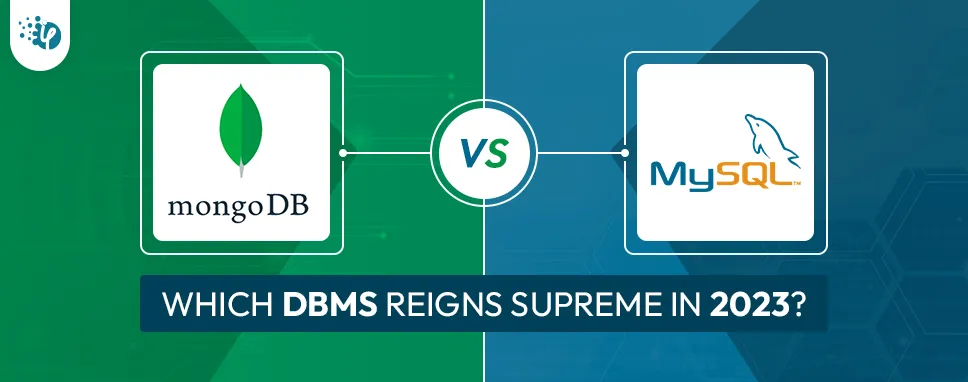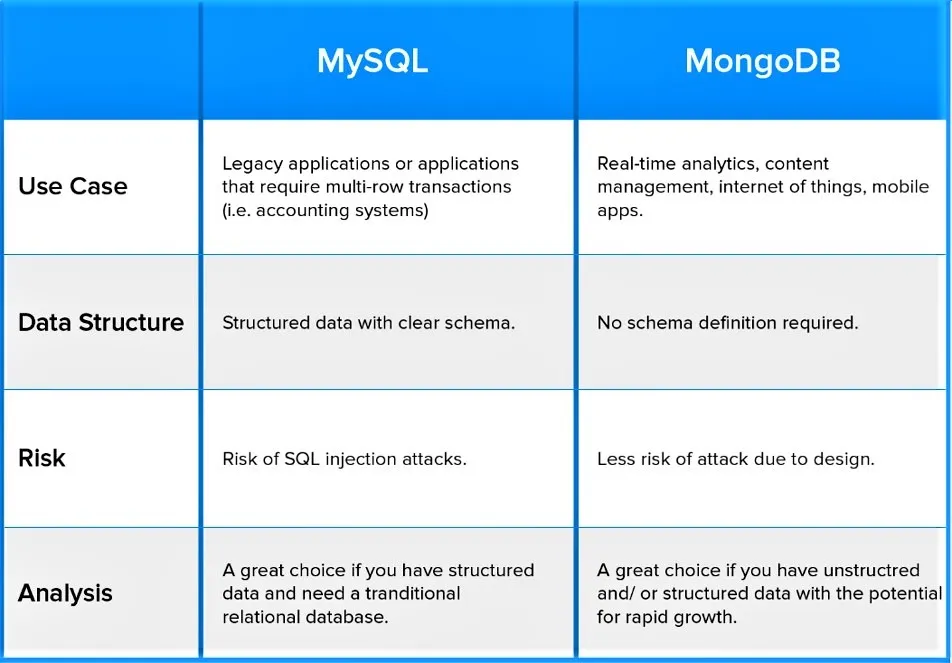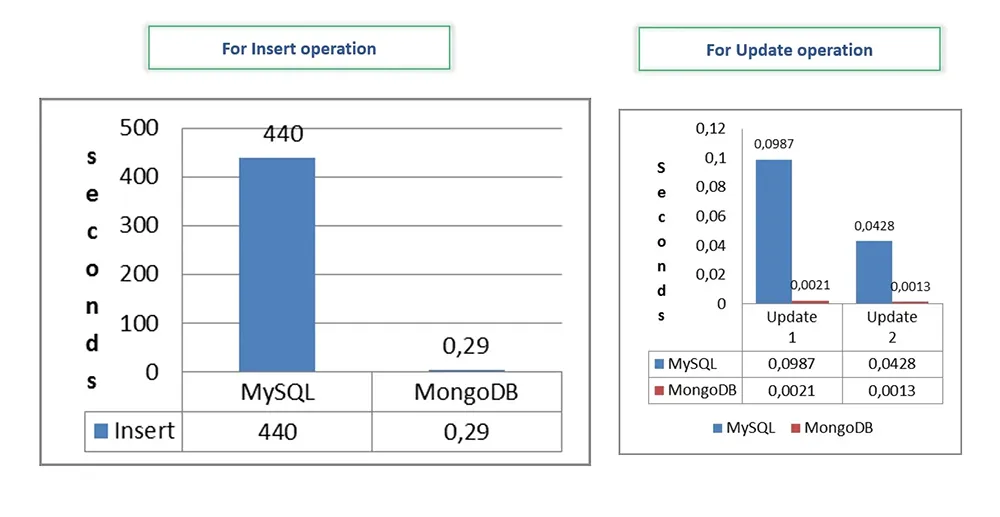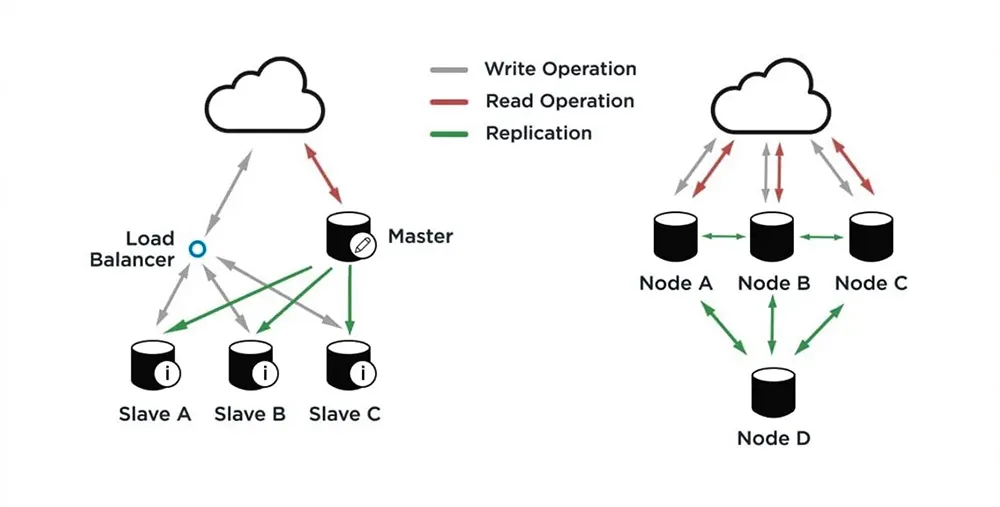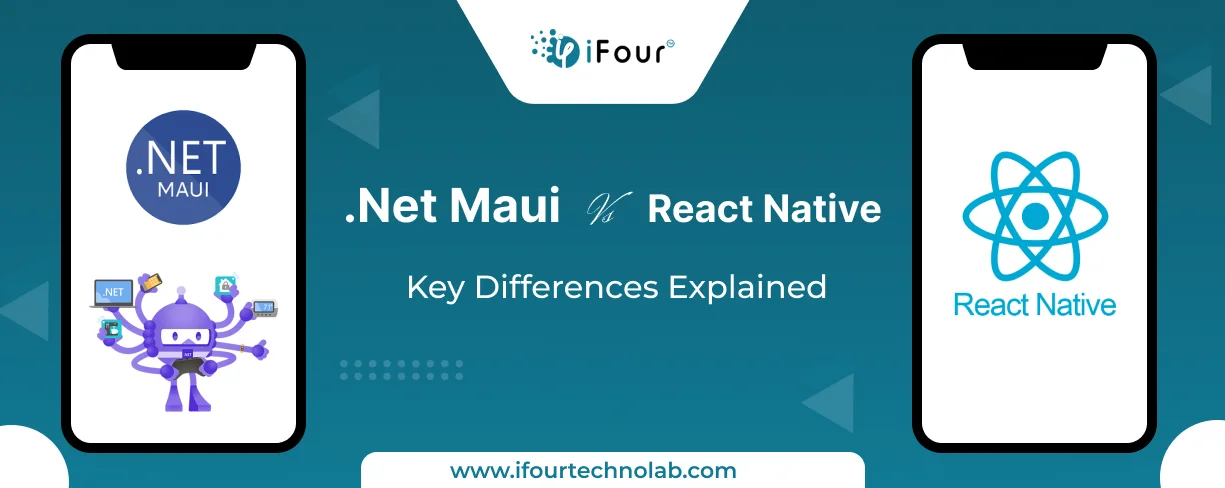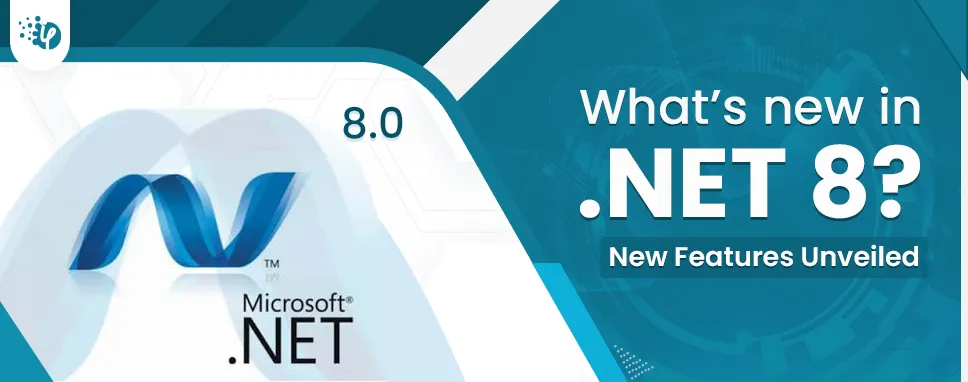"MySQL and MongoDB are two of the most popular database management systems (DBMS) available on the market. Both DBMS platforms offer reliable, high-performance options for data storage and retrieval. But what sets them apart? Let’s look at some of the differences between MySQL and MongoDB to help you decide which platform is right for your needs.
The primary difference between MySQL and MongoDB is how they store data. MySQL uses a traditional relational database structure with rows and columns in tables, while MongoDB stores documents in collections that can be queried without having to define a schema structure beforehand.
This allows for faster development as well as more flexible data modeling than what is possible with relational databases.
MongoDB offers built-in sharding and replication features.
When it comes to scalability, MongoDB offers built-in sharding and replication capabilities, making it much easier for applications to scale up quickly. MySQL can also be scaled but requires manual setup of shards and replicas. So, if you plan on needing additional capacity in the future, MongoDB could be the better option.
MySQL is suited for complex data structures
MySQL is well-known for its support of SQL language queries. This makes MySQL ideal for applications that require SQL-style querying and more complex data structures. On the other hand, MongoDB uses a document query language (DQL) that allows developers to work with documents more easily.
MongoDB deals with larger datasets better.
In terms of performance, both databases offer comparable speeds when dealing with small datasets. But when dealing with larger datasets, MongoDB comes out ahead. This is because MongoDB's document-based structure allows for faster retrieval of data without having to query multiple tables.
When it comes to security, both databases offer robust encryption and authentication features. However, MySQL supports more traditional methods such as access control lists (ACL) while MongoDB offers role-based access control (RBAC).
MySQL vs MongoDB: Both platforms offer reliable performance and robust security
Both MySQL and MongoDB are powerful DBMS platforms that can be used in a variety of applications. Which one you choose will depend on your specific needs. If you need support for SQL language queries or complex data structures, then MySQL might be the better choice. On the other hand, if you require scalability, faster retrieval of data, or role-based access control, then MongoDB could be the better choice. Ultimately, the decision will depend on your specific application requirements.
No matter which platform you choose, both MySQL and MongoDB offer reliable performance with robust security features to ensure your data remains safe. With careful consideration of your particular application's needs, you can make an informed decision that best suits your requirements."










